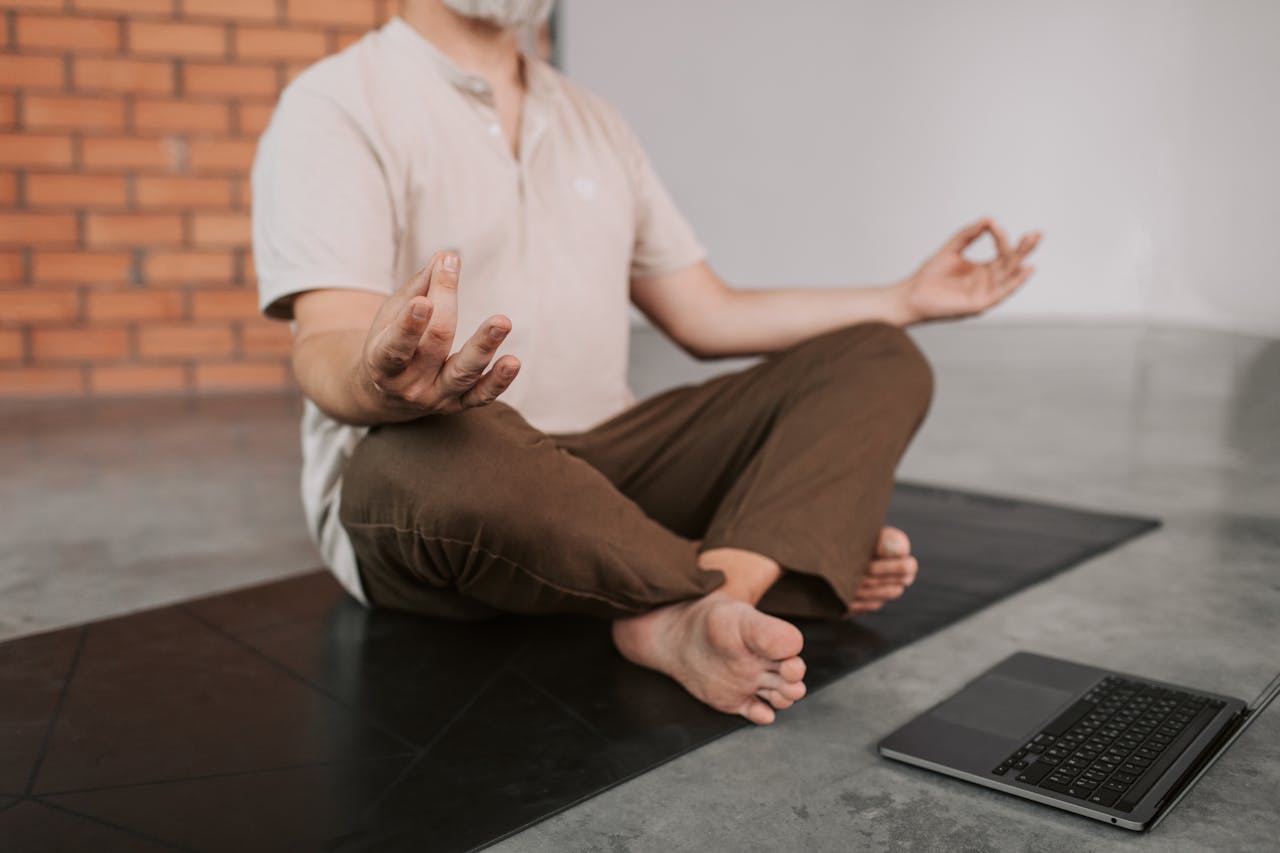The Ultimate Guide to Managing Stress Naturally
Stress is a part of life, but chronic stress can take a toll on your mental and physical health. Fortunately, there are natural and effective ways to manage stress and regain balance. This guide will provide you with actionable steps to reduce stress and cultivate a healthier lifestyle.
1. Understanding Stress and Its Impact
Stress occurs when you feel overwhelmed by challenges or demands. While short-term stress can boost performance, chronic stress can lead to health issues like anxiety, depression, high blood pressure, and weakened immunity. Recognizing the signs of stress, such as fatigue, irritability, or difficulty concentrating, is the first step in addressing it.
2. Natural Stress Management Techniques
Here are some proven strategies to reduce stress naturally:
Practice Mindfulness and Meditation
Mindfulness helps you stay present and focus on the moment. Meditation, even for just 10 minutes a day, can significantly reduce stress and improve emotional health. Apps like Calm or Headspace offer guided meditations to get started.
Incorporate Physical Activity
Exercise releases endorphins, the body’s natural stress relievers. Activities like yoga, walking, or swimming not only improve physical fitness but also calm the mind.
Adopt Deep Breathing Exercises
Breathing techniques, such as the 4-7-8 method, help lower cortisol levels and relax the nervous system. Take a deep breath for 4 seconds, hold for 7 seconds, and exhale for 8 seconds.
Maintain a Healthy Diet
Foods rich in magnesium, omega-3 fatty acids, and antioxidants can help combat stress. Incorporate leafy greens, nuts, seeds, and fish into your meals. Avoid excessive caffeine and sugar, as they can heighten anxiety.
Build a Support Network
Connecting with friends and family can ease stress. Share your thoughts and feelings with trusted individuals to feel supported and understood.
3. Long-Term Lifestyle Changes for Stress Reduction
To manage stress effectively, consider these long-term habits:
Create a Balanced Schedule
Prioritize tasks and avoid overcommitting. Use tools like planners or digital calendars to organize your day and allocate time for relaxation.
Get Quality Sleep
A good night’s sleep is essential for stress recovery. Aim for 7-9 hours of sleep each night, and establish a calming bedtime routine free of screens and distractions.
Engage in Creative Activities
Hobbies like painting, gardening, or playing a musical instrument can serve as therapeutic outlets, providing joy and distraction from stress.
4. Signs You May Need Professional Help
If stress becomes overwhelming and starts affecting your daily life, it may be time to seek help from a therapist or counselor. Professional support can provide tailored strategies to manage stress effectively.
Conclusion
Managing stress naturally is about creating a lifestyle that prioritizes mental and physical well-being. By incorporating mindfulness, exercise, and healthy habits into your daily routine, you can significantly reduce stress and improve your quality of life. Start small, and remember to be patient with yourself on this journey to a calmer, healthier you.






